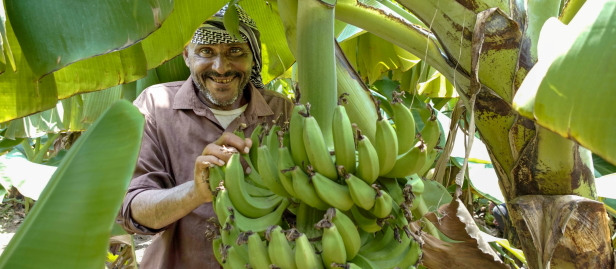Qat and Coffee value chain analysis in Yemen

Qat and Coffee value chain analysis in Yemen
August 2, 2022
This study has been commissioned under the ‘Qat-to-Coffee for Climate Resilience and Human Security in Yemen’ pilot project under the umbrella of the ‘SDG Climate Facility Project: Climate Action for Human Security’, funded by the Swedish International Development Cooperation Agency.
The objective of the pilot project is to promote sustainable coffee production and value chains in Yemen as a high-value alternative crop to reduce groundwater exploitation, enhance livelihood opportunities, and empower women.
During periods of heightened insecurity, many households in Yemen shift away from more profitable crops requiring higher investment to subsistence farming of lower-risk crops and cut back on investments that would increase productive capacity. The fact that the agricultural sector and the rural economy have
fared relatively well still compared to other countries in the region can be attributed in large part to the extraction of groundwater and the production of Qat (also known as ‘Khat’), which is considered a cash crop that generates substantial revenue. The latter’s production has increased considerably over the past 5-10 years and has been estimated to consume one-third of the abstracted groundwater. While Qat production generates income and livelihoods for farmers, it uses up finite groundwater resources and most of the arable land in Yemen, and provides no nutritional value in a country that is struck by protracted conflict and rising rates of malnutrition

 Locations
Locations




